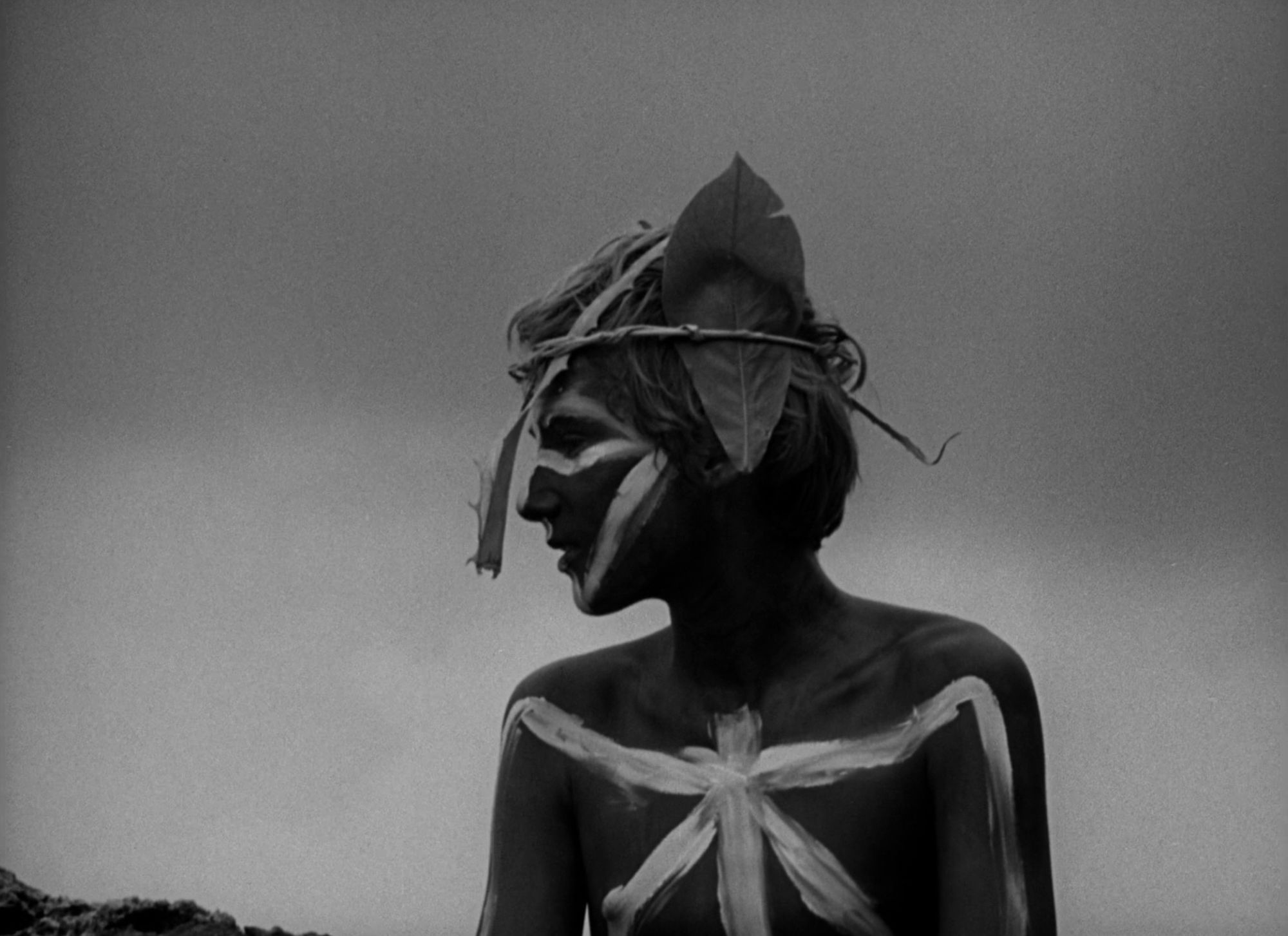LORD OF THE FLIES | Writing a Film Synopsis
In writing, it's probably the most difficult thing when writing your idea, to write a paragraph or a page that sums up your story.

In writing, it's probably the most difficult thing when writing your idea, to write a paragraph or a page that sums up your story. The beloved SYNOPSIS. Throughout the years when I've been plagued with this task of subjecting my ideas to a summary I use a couple of methods. First, I cry on the inside about the upcoming strain of writing a synopsis. Then I cry some more. Eventually, I stack up on courage and venture (without a bullet-proof vest) into the (nails on a chalkboard) acres of trying - to write a synopsis.
And that's how I do it. Cry, cry and try. However, and that's what I wanted to share in this post, that every time I sit down to write one of these humdingers, I find myself peeking at the best synopsis I've ever read for a film.
Lord of the Flies is a 1963 British film adaptation of William Golding's novel of the same name, directed by Peter Brook. But I've been unable to find out who wrote this magnificent synopsis:
LORD OF THE FLIES | SYNOPSIS
A group of British schoolboys, living in the midst of a war, are evacuated from England. Their airliner is shot down by briefly-glimpsed fighter planes and ditches near a remote island.
The main character, Ralph, is seen walking through a tropical forest. He meets an intelligent and chubby boy, who reveals his school nickname was Piggy, but asks that Ralph not repeat that. The two go to the beach where they find a conch shell, which Ralph blows to rally the other survivors. As they emerge from the jungle, it becomes clear that no adults have escaped the crash. Singing is then heard and a small column of school choir boys, wearing dark cloaks and hats and led by a boy named Jack Merridew, walk toward their direction.
The boys decide to appoint a chief. The vote goes to Ralph, not Jack. Initially, Ralph is able to steer the children (all of whom are aged between about six and fourteen) towards a reasonably civilized and co-operative society. Only the boy holding the conch is allowed to speak in turns during meetings or "assemblies". The choir boys make wooden spears, creating the appearance that they are warriors within the group. Crucially, Jack has a knife, capable of killing an animal.
The boys build shelters and start a signal fire using Piggy's glasses. With no rescue in sight, the increasingly authoritarian and violence-prone Jack starts hunting and eventually finds a pig. Meanwhile, the fire, for which he and his "hunters" are responsible, goes out, keeping them hidden from a passing airplane. Piggy chastises Jack, and Jack strikes him in retaliation, knocking his glasses off, and breaking one lens. Ralph is furious with Jack. Soon some of the children begin to talk of a beast that comes from the water. Jack, obsessed with this imagined threat, leaves the group to start a new tribe, one without rules, where the boys play and hunt all day. Soon, more follow until only a few, including Piggy, are left with Ralph.
Events reach a crisis when a boy named Simon finds a sow's head impaled on a stick, left by Jack as an offering to the Beast. He becomes hypnotized by the head, which has flies swarming all around it. Simon goes to what he believes to be the nest of the Beast and finds a dead pilot under a hanging parachute. Simon runs to Jack's camp to tell them the truth, only to be killed in the darkness by the frenzied children who mistake him for the Beast. Piggy defends the group's actions with a series of rationalizations and denials. The hunters raid the old group's camp and steal Piggy's glasses. Ralph goes to talk to the new group using the still-present power of the conch to get their attention. However, whenPiggy takes the conch, they are not silent (as their rules require) but instead jeer. Roger, the cruel torturer and executioner of the tribe, pushes a boulder off a cliff and kills Piggy.
Ralph hides in the jungle. Jack and his hunters set fires to smoke him out, and Ralph staggers across the smoke-covered island. Stumbling onto the beach, Ralph falls at the feet of a naval officer who stares in shock at the painted and spear-carrying savages that the children have become, before turning to his accompanying landing party. One of the stunned boys tries to tell the officer his name, but cannot remember it. The last scene shows Ralph sobbing as flames spread across the island.
